Call for 2021 'Save the Traditional Village' Workshop
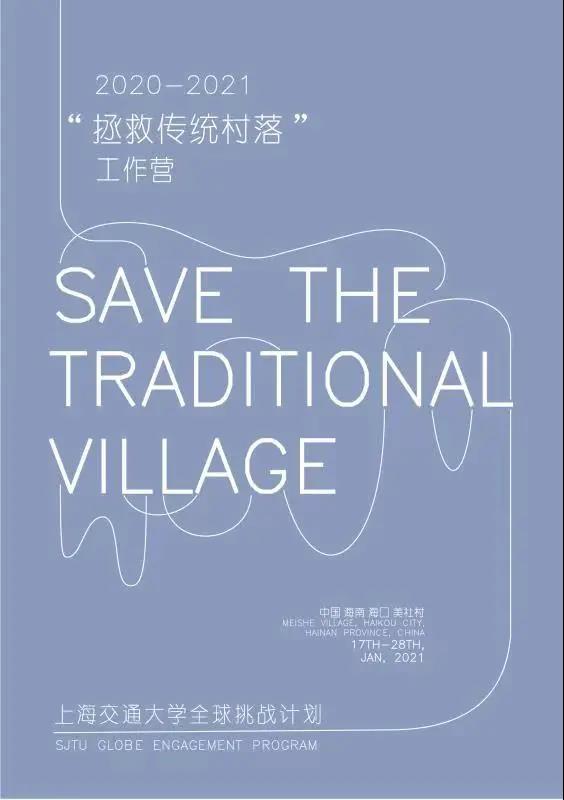
-I-
BACKGROUND
With the development of urbanisation, the space of traditional villages cannot meet the need of modern life. Traditional villages face problems like backward social and economic development, depopulation, shortage in infrastructure, deteriorating living environment, and deficient education and medical resources. Hence the migration of village dwellers for livelihood has become a common phenomenon. Meanwhile, local culture is being eroded by foreign culture; the value of historic villages is neglected, more and more traditional villages and architectures are disappearing. The demise of traditional villages may be around the corner.
To transmit the cultural heritage of traditional villages, promote rural economic development, and solve problems such as hollowing out, the 2021 (Winter) ‘Save Traditional Village’ workshop will be held in an ancient volcanic-stone-built village in Hainan Province, China. By integrating theory and practice, the workshop enables young scholars to understand the village, study the village, establish a comprehensive understanding of global village development issues, and stimulate the design competition to solve problems and explore the new development model of the village. It aims at the protection, development, and promotion of traditional villages from diverse perspectives.
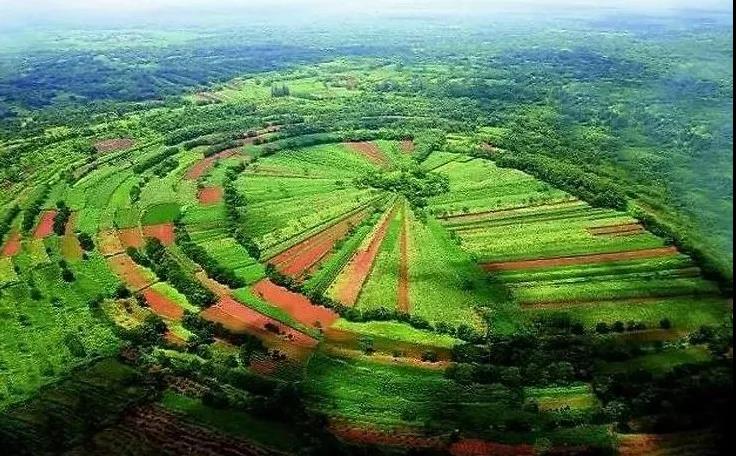
△ Volcanic Cluster Area in Haikou
The cultural heritage of ancient village is located in Volcanic Cluster Area, Haikou City, Hainan Province.
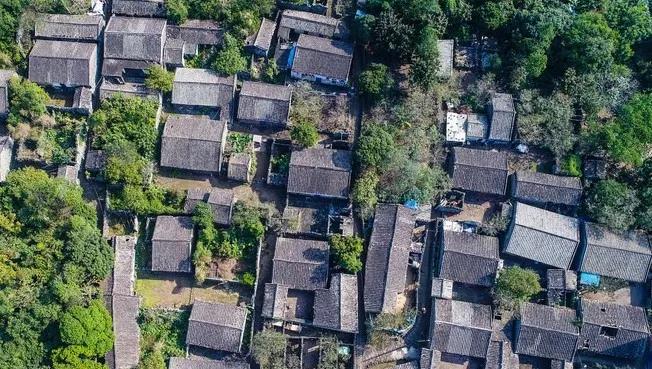
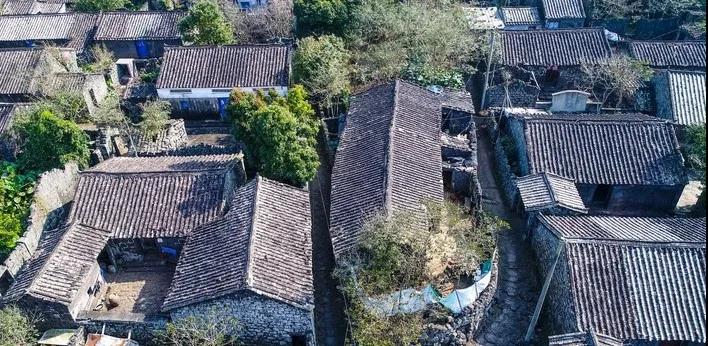
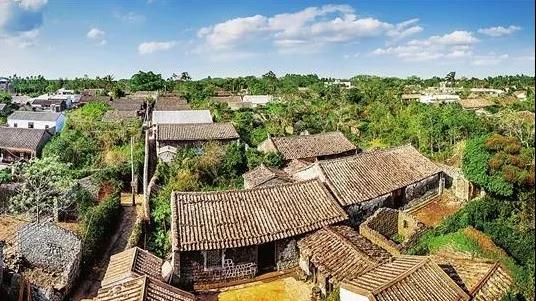

-II-
OBJECTIVES
2021 (Winter) 'Save the Traditional Village' worship is hosted by Shanghai Jiao Tong University (SJTU), organised by the International Research Centre for Architectural Heritage Conservation, SJTU.
This workshop will make full use of the academic advantages of Shanghai Jiao Tong University. The workshop is problem-oriented, combining field visits, team creation, professional guidance, and case competitions, allowing youth in the Mainland to contribute creativity and love together with Hong Kong, Macau, and international students, and provide more practical and feasible options for the disappearing traditional villages rescue plan.
Scheduled dates: 17/01/2021 - 28/01/2021
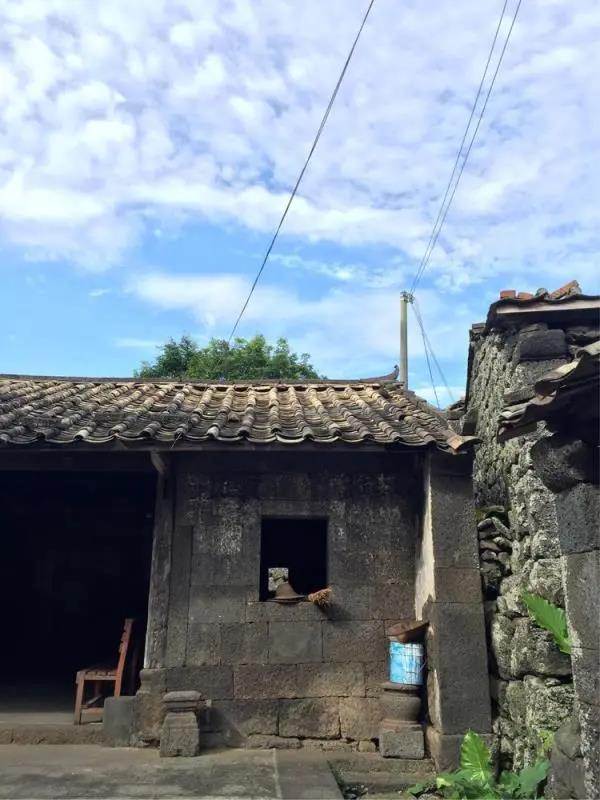
△ Sanqing Village
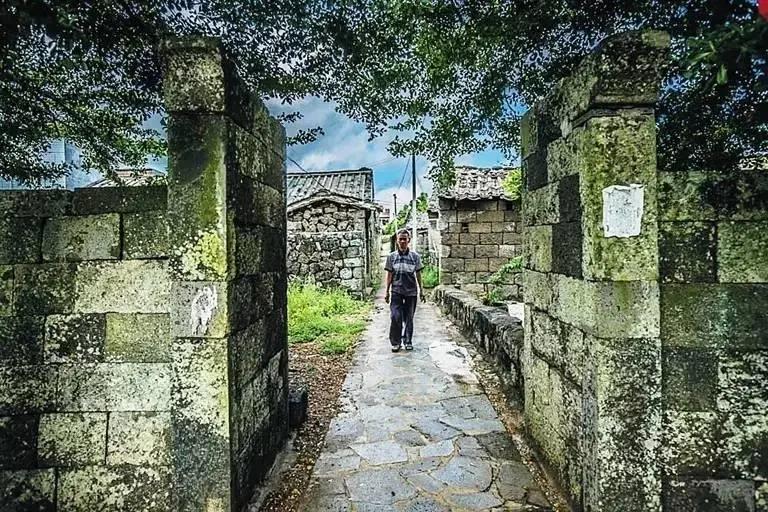
△ Fengtang Village
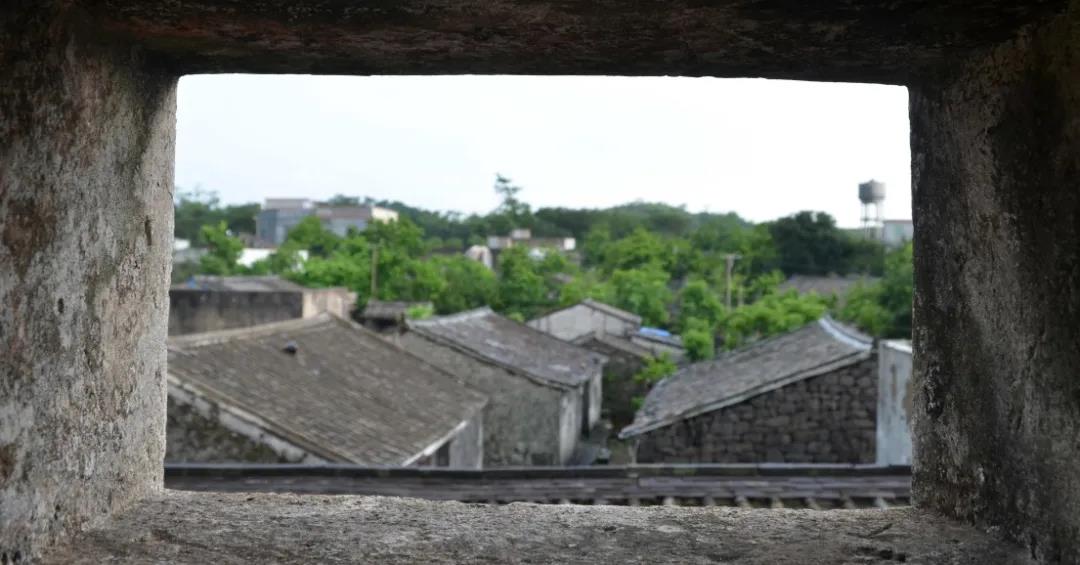
△ Meishe Village
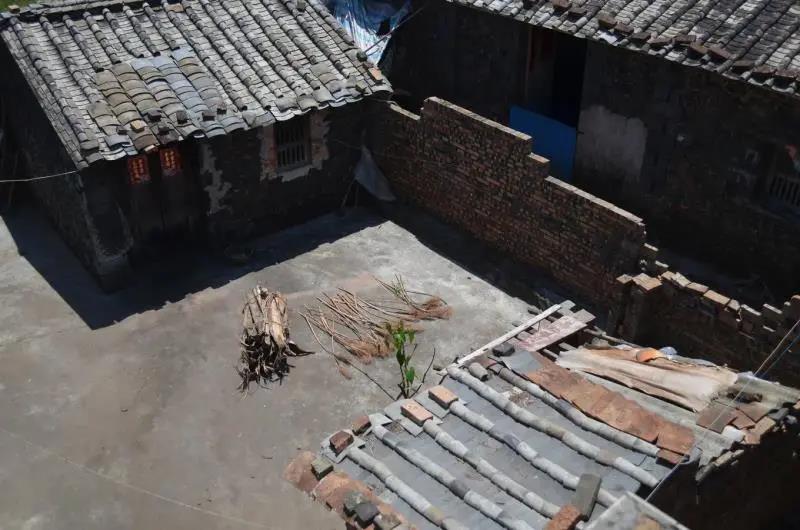
△ Baodao Village
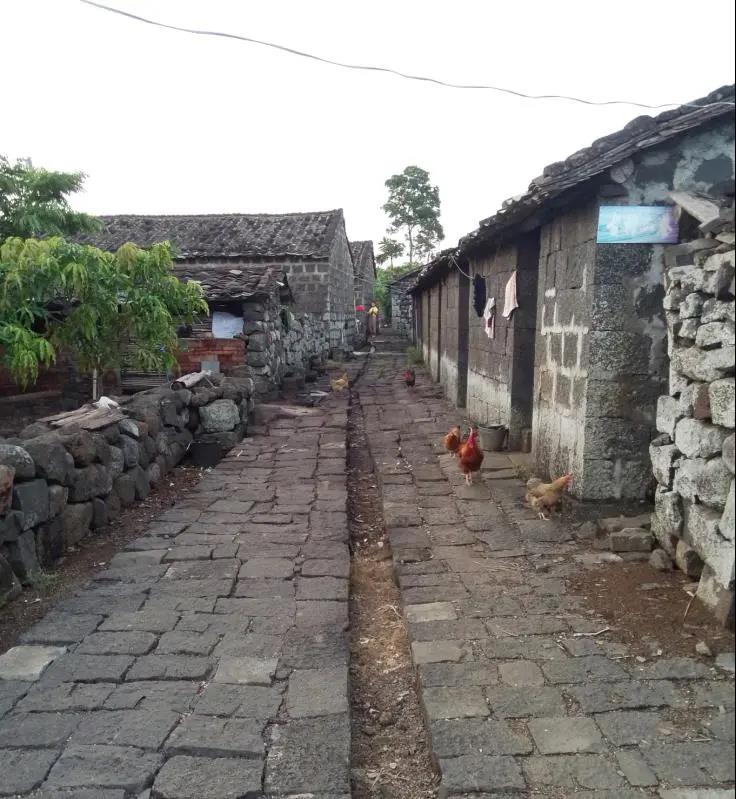
△ Meilang Village
-III-
EXPECTED OUTCOMES
1. Installation design or building renovation design, which improves living envrionment fo the site and can be embodied by computer simulation or experiment;
2. Posters, videos or product designs are encouraged and will be displayed;
3. Insitu installation is encouraged
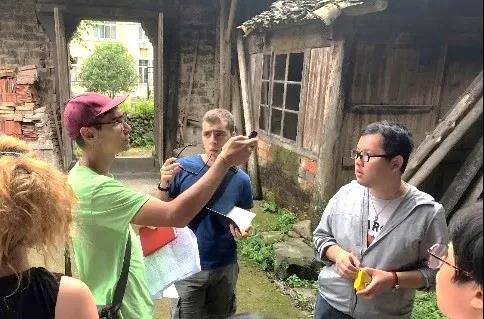
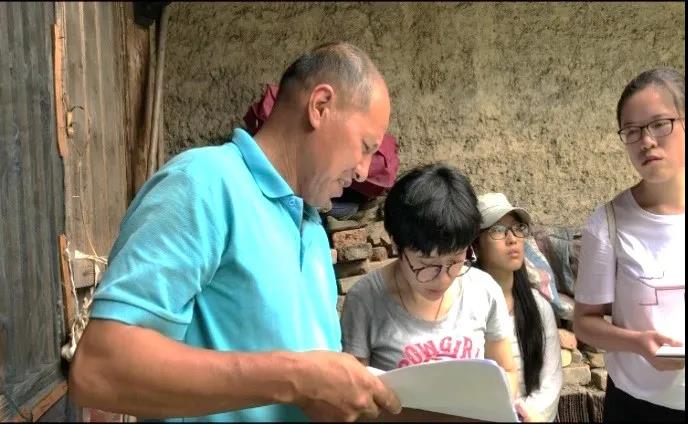
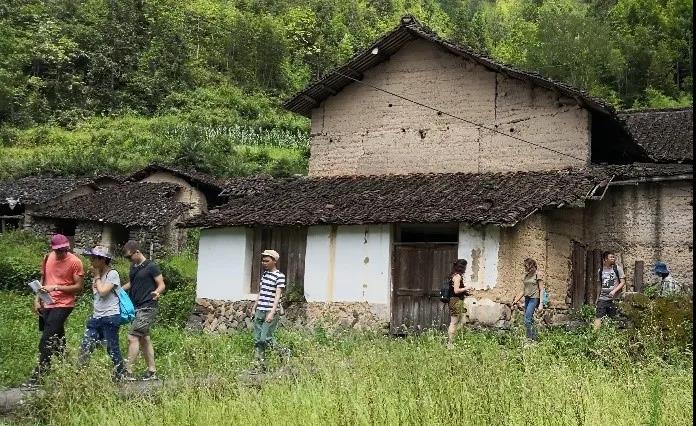
△ 2018 Workshop
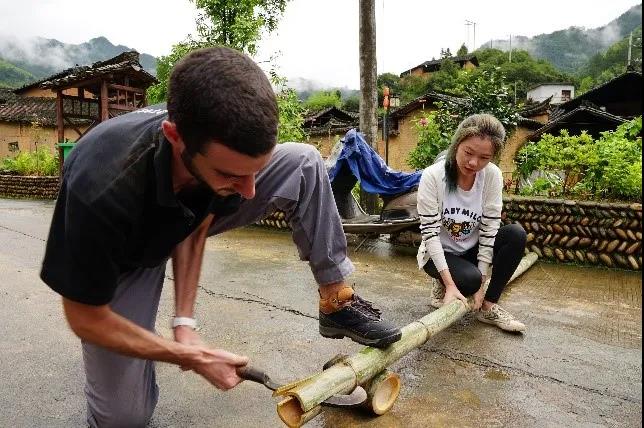
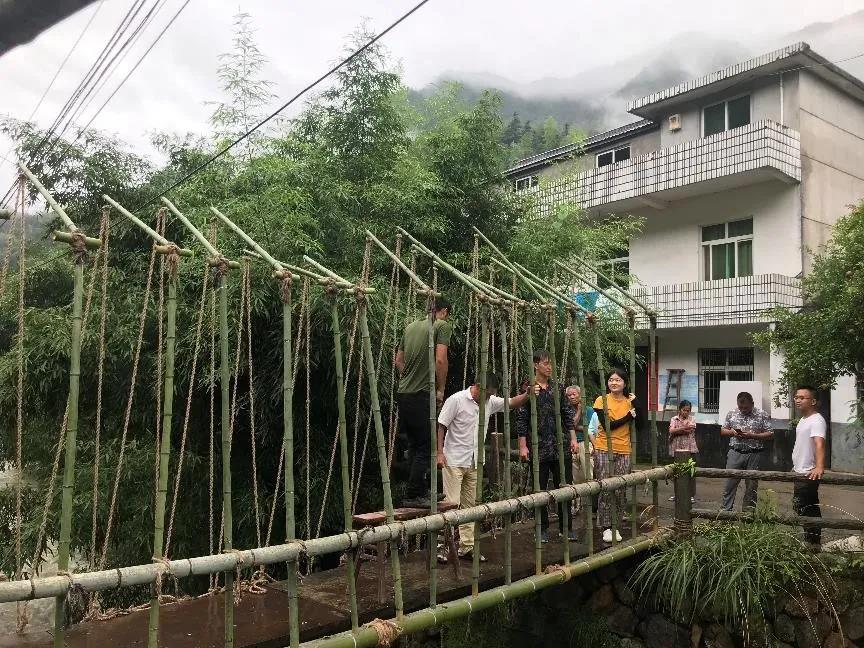
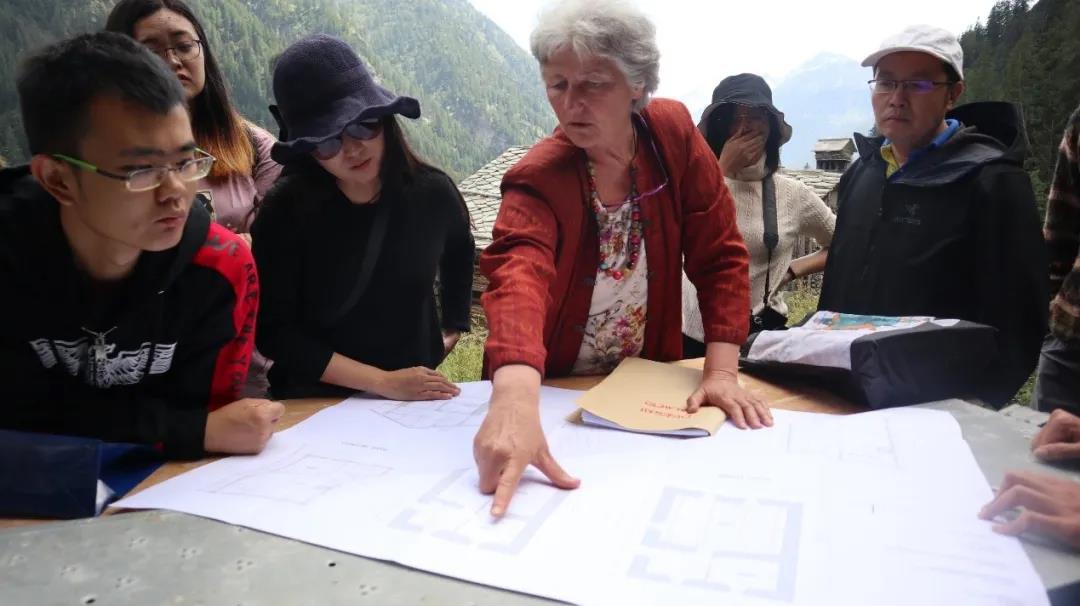
△ 2019 Workshop
-IV-
SCHEDULE
Proposed schedule for workshop:
Day | Date | Time | Event |
1 | 17/01 | Daytime | Registration(It is suggested to arrive in Shanghai before 3 PM) |
Evening | Orientation Activities | ||
2 | 18/01 | Morning | Opening Ceremony Special Seminar on Traditional Villages |
Afternoon | Flight from Shanghai to Haikou | ||
3 | 19/01 | Morning | Arrive at Workshop Site |
Afternoon | Meeting with Local Administration and Villagers | ||
4 | 20/01 | Morning | Lecture by Tutor |
Afternoon | Collective Investigation | ||
5 | 21/01 | All Day | Investigation by Individual Group |
6 | 22/01 | All Day | Group Discussion and Tutorial |
7 | 23/01 | Morning | Preliminary Proposal Presentation |
Afternoon | Visiting Nearby Traditional Villages | ||
8 | 24/01 | All Day | Group Discussion and Tutorial |
9 | 25/01 | All Day | Group Discussion and Tutorial |
10 | 26/01 | Morning | Insitu Proposal Presentation |
Afternoon | Flight from Haikou to Shanghai | ||
11 | 27/01 | All Day | Improvement of Proposal |
12 | 28/01 | Morning | Final Proposal Presentation |
Afternoon | Closing Ceremony | ||
END | |||
N. B.: Please note that the schedule above may be revised according to unexpeted circumstances.
-V-
APPLICATION
Release of Workshop: 29/12/2020
Application Period: 30/12/2020 - 06/01/2021
Application Method: Scan the QR Code below, or visithttps://pan.baidu.com/s/1HYJTagBZ_q-QHWGLY1cWOw using code vm6x to acquire application form. Send filled application form to the email of organiser.

-VI-
ADVISOR & JUDGEMENT COMMITTEE
CHIEF:
Yongkang CAO
Professor, Associate Dean, Doctoral Supervisor, Department of Architecture, School of Design, Shanghai Jiao Tong University
CONSULTANT:
Daxin WANG
Director of Bureau of Cultural Relics, Haikou City
Xiaobing WANG
Chief Engineer of Shanghai Jiangfan Network Technology Co., Ltd
Yanjun XIE
Professor, Doctoral Supervisor, School of Tourism, Hainan University
INSTRUCTOR:
Yong HE
Professor of Architecture Department, School of Architectural Engineering, Zhejiang University
Xiao LIU
Assistant Professor, Faculty of Humanities and Arts, Macau University of Science and Technology
Ziqi ZHANG
Assistant Professor, School of Design, Shanghai Jiao Tong University
Lie YOU
Assistant Professor and Associate Dean of Architecture Department, School of Design, Shanghai Jiao Tong University
Dayi LAI
Assistant Professor, School of Design, Shanghai Jiao Tong University
Qian DU
Assistant Researcher, School of Design, Shanghai Jiao Tong University
-VII-
ABOUT
1. Expenses and Awards
Expenses: Flight tickets to/from Shanghai should be self-responded by applicants. Accommodation and catering during the event are borne by the organiser. Other expenses caused by personal activities should be afforded by individual. For details, please enquiry our colleagues.
Awards: There will be several awards for excellent participants. Each participant will receive a certificate that specifies events he is involved.
2. Contact
For Mainland Institutions:
Ms Lan LUO
Department of Architecture, School of Design, Shanghai Jiao Tong University
Tel: +86-134-5840-7809
Email:: 13458407809@163.com
Mr Yiyun HU
International Research Centre for for Architectural Heritage Conservation, Shanghai Jiao Tong University
Tel: +86-135-6497-1352
Email: ahc@sjtu.edu.cn
WeChat Official Account: SJTU-IRCAHC
Mr Wei CAO
Office of Hong Kong, Macau and Taiwan Affairs, Shanghai Jiao Tong University
Tel: +86-21-34206752
Email: ohmt@sjtu.edu.cn; caowei@sjtu.edu.cn
Global Engagement Programme
Global Engagement Programme, launched by Shanghai Jiao Tong University (SJTU), is aimed to cultivate young students with the awareness of building ‘a community with shared future for humanity’ and a sense of responsibility for their homeland by enriching their international experience and expanding their universal vision. In the multicultural settings, participants will get to know the achievements of human civilization and have their innovative thinking and potentials inspired by doing field study and on-spot practice. Meanwhile, the programme will be in favour of spread knowledge and achievements of human civilizations, pore over and help solve challenges facing mankind and improve their competence in a globalized world.
Global Engagement Programme is composed of several projects that are announced in sequence. For each project, a team consisting of SJTU students (including international students) and those from different countries and regions will go to under developed areas of China or other underdeveloped countries (such as those in Africa, Latin America and Southeast Asia) and conduct field study for 2 to 8 weeks. The projects predominantly deal with challenges with global significance, such as resource shortage, environmental pollution, climatic anomalies, recurring disasters and disease outbreaks and unbalanced education. The study tries to produce practical and workable solutions in the form of research or policy analysis and scientific and research plans, and it is advisable for participants to help locals put their brainchild into practice.